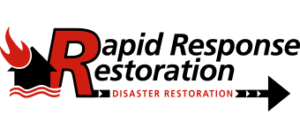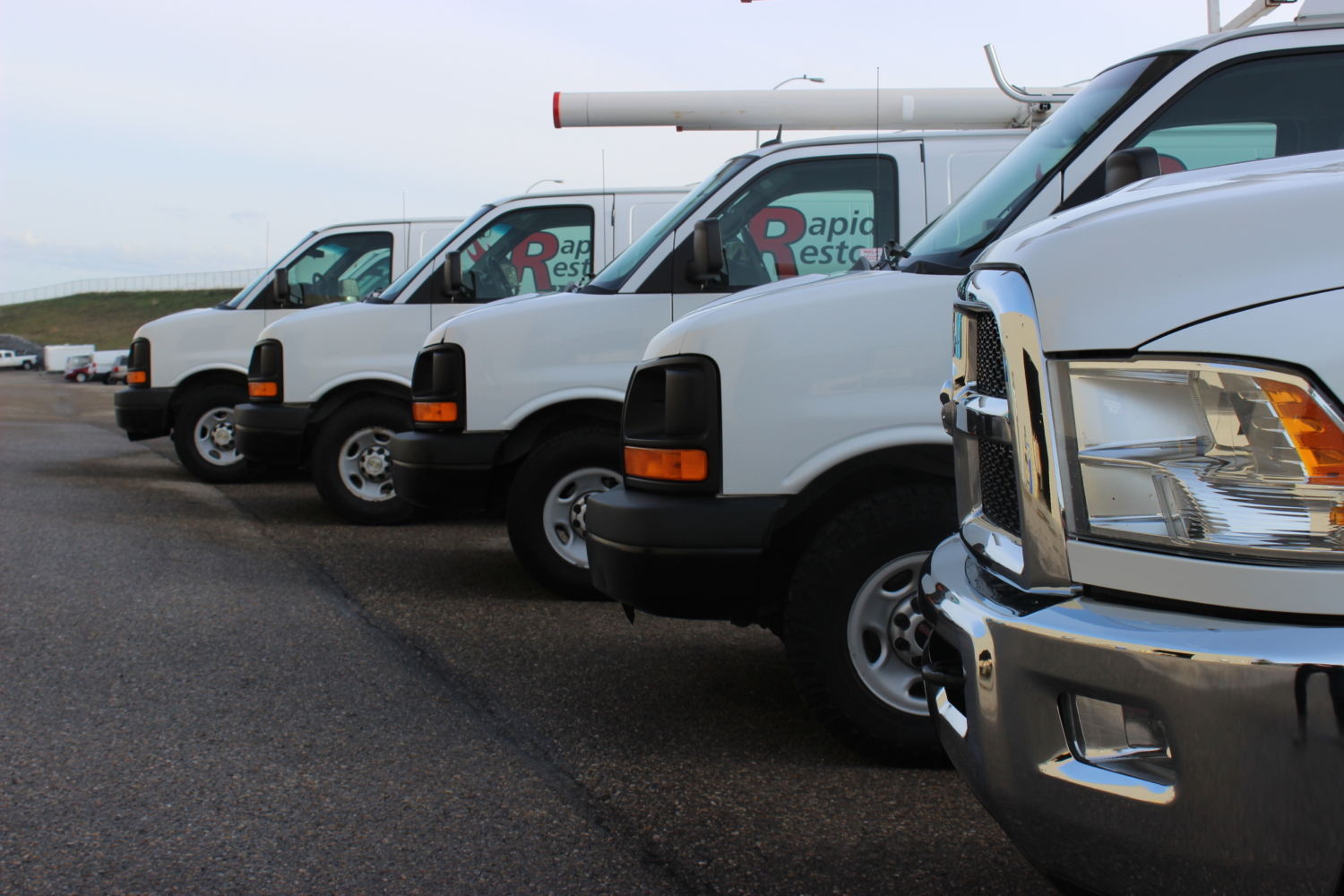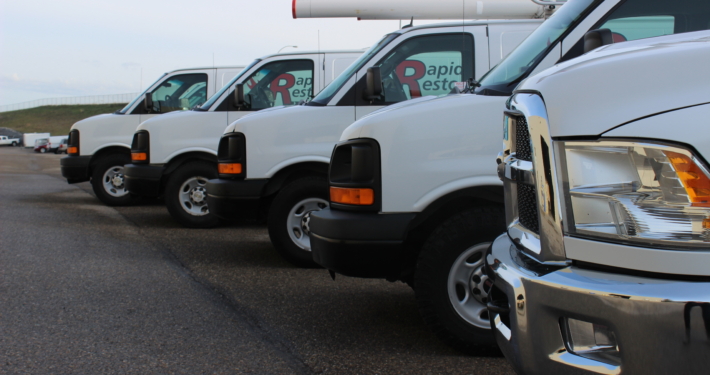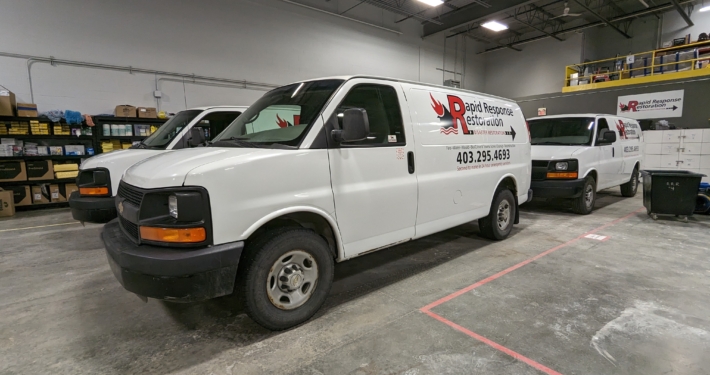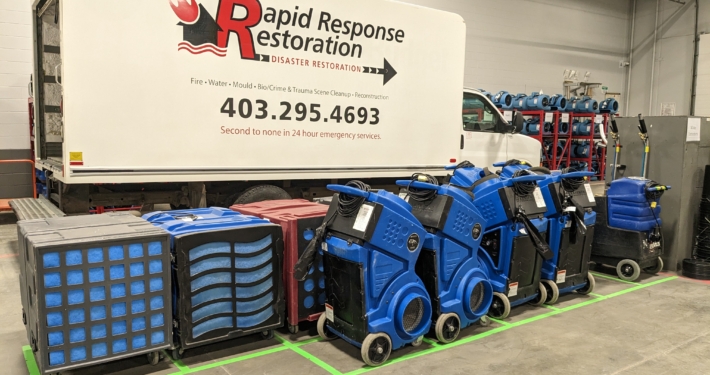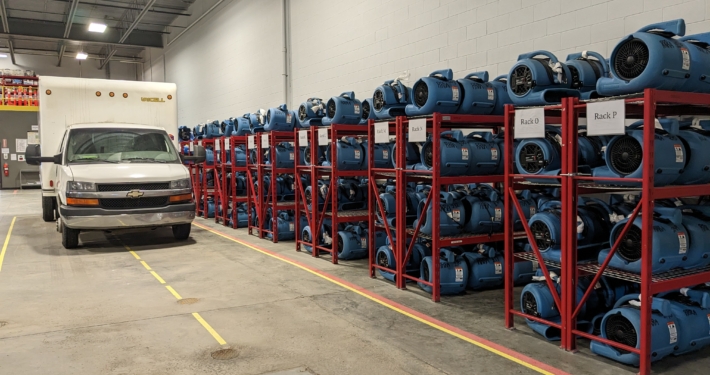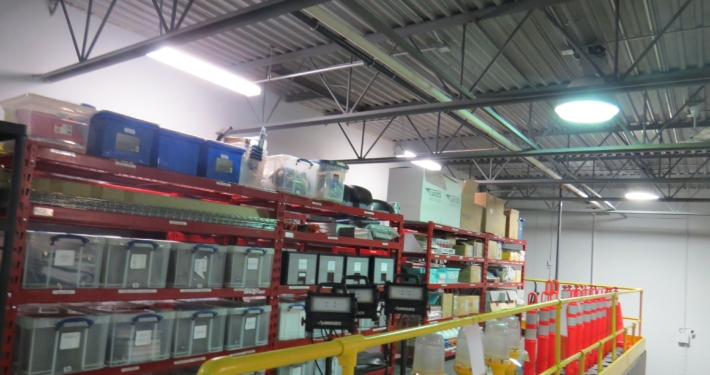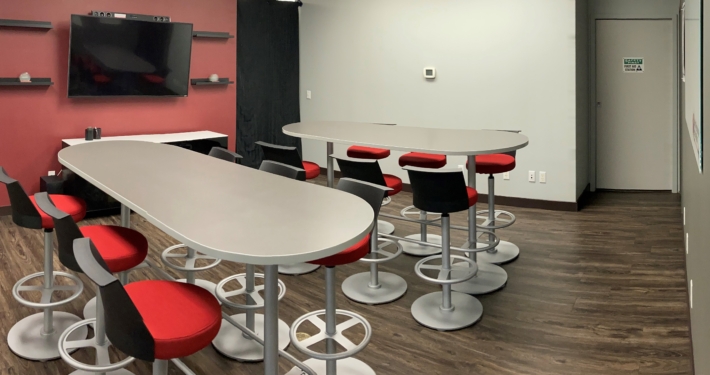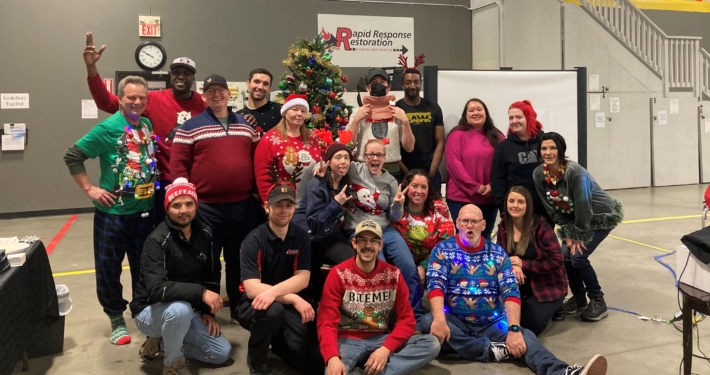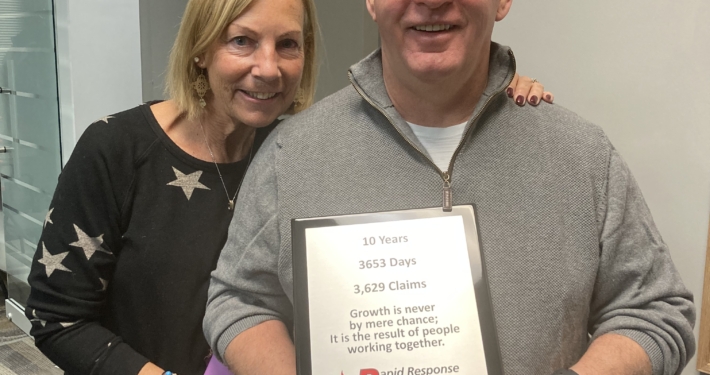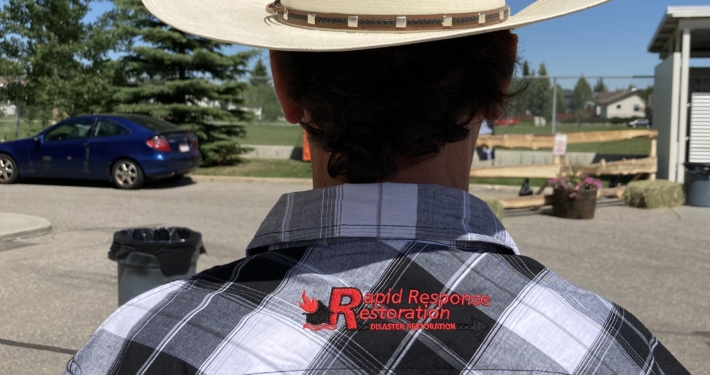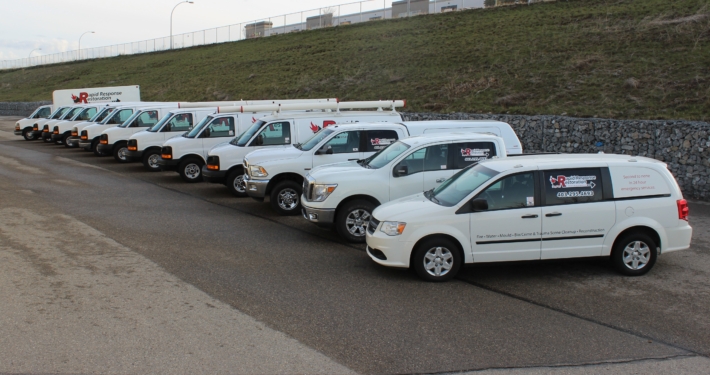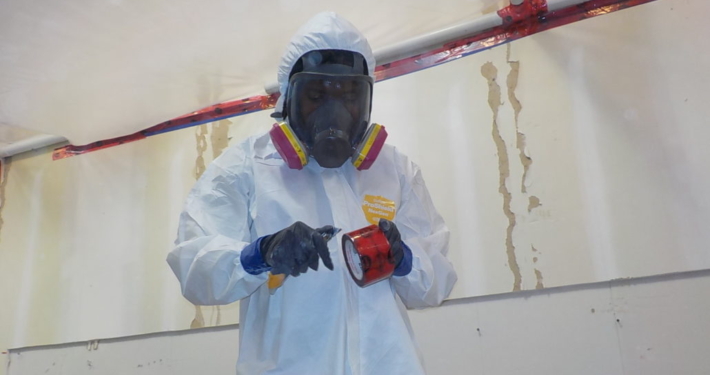Frequently Asked Question’s
Q: What kind of restoration services do you offer?
A: We offer a wide range of restoration services and reconstruction services including water damage restoration, fire and smoke damage restoration, mold remediation, sewage cleanup, and Bio / Crime / Trauma Scene Clean Up.
Q: Are your restoration services available 24/7?
A: Yes, our restoration services are available 24/7. We understand that emergencies can happen at any time, which is why we provide round-the-clock rapid response service.
Q: How quickly can you respond to an emergency?
A: We have a rapid emergency response team that can typically respond to emergencies within 1 hour of receiving a call, hence our company name Rapid Response Restoration.
Q: Will my insurance cover the cost of restoration services?
A: As insurance policies differ and coverage is dependent on the policy you have selected, we cannot guarantee that insurance will cover your loss. That being said we can work directly with your insurance company to help you file a claim and navigate the process.
Q: How long does the restoration process typically take?
A: The length of the restoration process depends on the extent of the damage. We will provide you with an estimated timeline during the assessment process.
Q: Will I need to vacate my property during the restoration process?
A: In some cases, it may be necessary to vacate your property during the restoration process. If this is the case, we will work with you to plan for alternatives and work with your insurance provider to make the process as smooth and expeditious as possible.
Q: How do you handle water damage restoration?
A: We use a variety of techniques and equipment to remove excess water and moisture from your property, including industrial-strength fans, air-movers, dehumidifiers, and specialized drying equipment. We also use moisture detection tools like Infrared or Protimeters to ensure that all affected areas are thoroughly dried.
Q: How do you handle mold remediation?
A: Our mold remediation process involves identifying and addressing the source of the moisture that is causing the mold growth with our specialized equipment, containing the affected area to prevent the spread of spores, and removing the mold using specialized equipment and techniques.
Q: What kind of equipment do you use for fire and smoke damage restoration?
A: We use a variety of specialized equipment for fire and smoke damage restoration, including industrial-strength air scrubbers, ozone generators, Hydroxyl generator and thermal fogging equipment. We also use specialized cleaning products and techniques to remove soot and smoke damage from surfaces.
Q: What kind of training do your technicians have?
A: Our technicians receive extensive training in restoration techniques through in house training and IICRC certified courses, equipment operation, and safety procedures. They also participate in ongoing training and certification programs to stay up to date on the latest industry standards and best practices.
Q: Do you use environmentally friendly products and practices?
A: Yes, we are committed to using environmentally friendly products and practices whenever possible. We prioritize the use of non-toxic and biodegradable products, and we strictly observe compliance with the standards set by the government of Canada and the IICRC. We prioritize minimizing our environmental impact during the restoration process.
Q: Do you offer reconstruction services?
A: Yes, we offer full-service reconstruction services to restore your property to its pre-loss condition. Our team includes skilled contractors who can handle all aspects of the reconstruction process, from framing and drywall to flooring and painting.
Q: Will my home insurance cover a crime scene cleanup?
A: All personal and business insurance policies have variables; it is for this reason we suggest that you consult your insurance broker or agent to see if a Crime Scene or Biohazard cleanup is covered in the policy.
Q: Can I shut off flood mitigation equipment at night to save electricity and reduce noise?
A: It is vital that you DO NOT turn the equipment off. The drying process is most effective and most efficient when the equipment is allowed to run 24 hours every day. This will allow Rapid Response Restoration to finish the job as quickly as possible. Once mitigation is completed and the equipment will be removed.
